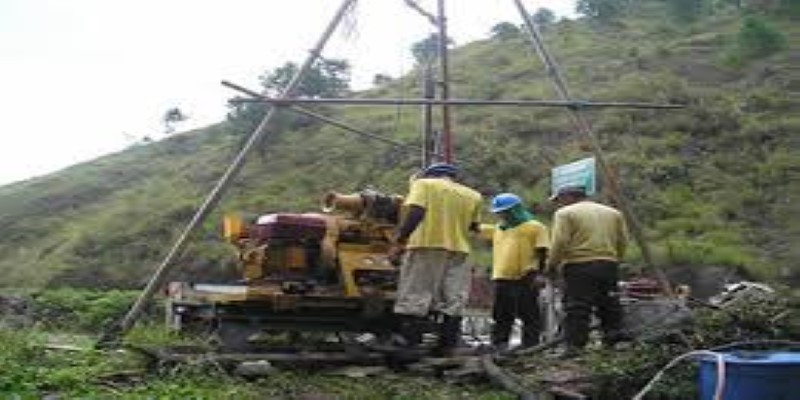
About Course
Subsurface exploration: Importance and techniques involved.
This Subsurface exploration course covers the requirement of thorough subsurface investigation, it’s important in the planning and execution of the project. Classification of investigations to be adopted and challenges faced during many of the most complex civil engineering projects across the globe. Detailed discussion on methodologies starting with borehole drilling, rock drilling to advanced methods such as electrical resistivity, geophysical tests, sounding, magnetic anomaly, dilatometer test, pressuremeter tests, the ground-penetrating radar will be covered along with numerical problems at various stages. Besides, dynamic testing on piles which is a very hot topic these days will be covered in the course.
INTENDED AUDIENCE: Btech, Mtech, Ph.D. students, industrial engineers, designers, and people from field investigation
Course Content
Subsurface exploration : Importance and techniques involved
-
Subsurface exploration : Importance and techniques involved [Intro Video]
00:00 -
Lecture 12: Magnetic Survey
00:00 -
Lecture 13: Surface wave method
00:00 -
Lecture 14: Gravity Survey
00:00 -
Lecture 15: Offshore Investigation
00:00 -
Lecture 16: Geophysical Investigation in Offshore Environment
00:00 -
Lecture 17: Sampling and Geotechnical Investigations in Offshore Environment
00:00 -
Lecture 18: Important Terminologies in Offshore Environment
00:00 -
Lecture 19: Dynamic Testing in Pile Driving
00:00 -
Lecture 20: Dynamic Testing in Pile ( Low Strain)
00:00 -
Lecture 11: Electrical Resistivity Survey
00:00 -
Lecture 10: Seismic refraction method
00:00 -
Lecture 1: Introduction
00:00 -
Lecture 2: Phases and classification of subsurface Investigation
00:00 -
Lecture 3: Test Pits+ Borings
00:00 -
Lecture 4: Ground water table and rock drilling
00:00 -
Lecture 5: Standard Penetration Test
00:00 -
Lecture 6: Cone Penetration Test
00:00 -
Lecture 7: Dilatometer Test
00:00 -
Lecture 8: Pressuremeter Test
00:00 -
Lecture 9: Seismic reflection method
00:00 -
Lecture 21: Conclusion
00:00
Student Ratings & Reviews

